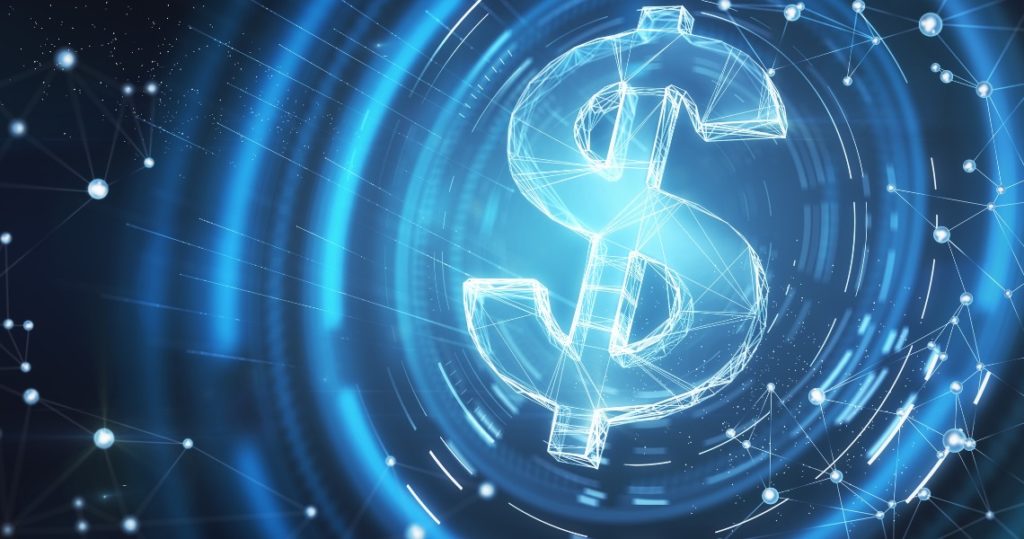on the crypto

A historical return
While this may seem like a sleek new idea that spans enthusiasm for blockchain, digital currencies and financial inclusion, a similar proposal, dubbed the "Chicago Plan", was considered by President Franklin Roosevelt during the Great Depression of the 30s and eventually rejected.
So, now as then, the plan is not without benefits. But then, now as then, it should be rejected because it would be one of the largest seizures of power in American history, irrevocably politicizing the financial system.
US banking system considerations
Private banks currently act as intermediaries between depositors and the government. These brokers take fees for this role. And it is true that some people do not have enough savings to participate or trust the private banking system.
A digital dollar system would allow the government to subsidize the non-direct and direct countercyclical monetary stimulus and even to apply non-discretionary monetary rules. But the temptation and the intense incentives created are simply too great to justify such marginal benefits.
When cutting the Investors, this plan eliminates everything that stands between citizens' bank accounts and Washington's Leviathan. It seems nice to be able to direct money injections, say, into all the accounts of small restaurant owners.
But it must be considered that a government that gives can take. Any credit or charge to the citizens' account would be subject to the ballot box or, even worse, to the bureaucrat. Controls over this power could certainly exist, but given the hyperparty environment, it is quite possible that these controls could be overcome.
It is true that digital dollar accounts, like private checking accounts, would be insured by the FDIC. But this should be a cold comfort for Americans facing the specter of hyperinflation if such insurance was ever actually needed.
It is true that, as a lender of last resort, the Fed cannot, by definition, be in default. But even private banks cannot if the Fed provides them with liquidity. However, if the economy is getting to a point where such a scenario is possible, people would lose faith in the Fed rather than in individual banks - another centralization problem.
Conclusions
Power is tempting. The thought of a "Crypto Czar" with a handful of new offices and imaginative titles will surely appeal to Republicans and Democrats who want to stage their visions of the digital dollar. But power should never be an end in itself. Although it may seem messy, the market economy produces a robust and orderly system capable of reacting to even the most deadly viruses in order to efficiently allocate the scarce resources of society.
